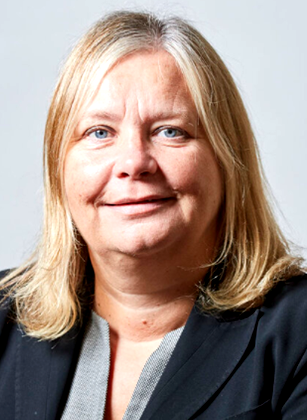Perfecting imperfections
.png)
Perfecting imperfections

Children pay more attention to the qualities we model, such as patience, persistence, and compassion, for example, than the words we actually speak.
Whilst a fraction of perfectionism can be a good thing, driving us to aim high and to get things just right, too much, leads to loss in confidence which, in turn, gives rise to a perpetual cycle of fear of failure. What we need to model is imperfection.
Our classrooms should be messy, vibrant places where the unexpected and unpredictable are seamlessly woven into the fabric of each day. Slips, stumbles and blunders should abound, as abundant as moments of poise and refinement. We need to teach our children that it's OK to try something hard, something that you have never done before; and, more importantly, we need to teach them that it’s OK if you fall flat on your face.
At Cameron Vale, we want every child to be comfortable with making mistakes. If children are afraid of mistakes, they are afraid of trying something new, they are afraid of being creative, of thinking in a different way. Our emphasis on adopting a growth mind-set encourages our children to try a second time, a third, a fourth, fifth or sixth; until they figure it out.
Picture an accomplished classical violinist. He or she would not play a new piece from start-to-finish, purposely eluding the more challenging sections, aiming solely to ‘be done.’ A musician stops in trouble spots, contemplates, deciphers the challenge, plays that measure over and over again, finally moving on, when it's perfect. The same principle applies to school work.
Mistakes are one of the most important things that can happen in any classroom. Each day we remind our children that life is all about making mistakes, being accountable, and learning from them. Our children know that mistakes are a part of life; that they serve to push ourselves out of our comfort zones, help us to embrace challenge, and become more creative and authentic people.
In search of a mantra, I came across the wise words of Neil Gaiman.
‘I hope that in this year to come, you make mistakes. Because if you are making mistakes, then you are making new things, trying new things, learning, living, pushing yourself, changing yourself, changing your world. You’re doing things you’ve never done before, and more importantly, you’re doing something. So that’s my wish for you, and all of us, and my wish for myself. Make new mistakes. Make glorious, amazing mistakes. Make mistakes nobody’s ever made before. Don’t freeze, don’t stop, don’t worry that it isn’t good enough, or it isn’t perfect, whatever it is: art, or love, or work or family or life. Whatever it is you’re scared of doing; do it! Make your mistakes, next year and forever.’
Children’s success does not stem from how intelligent they are; it comes from how they feel about their mistakes and the way in which they approach challenge.
